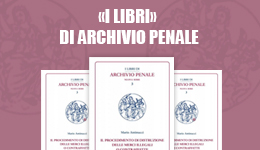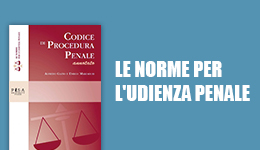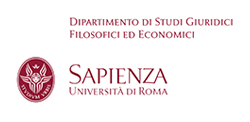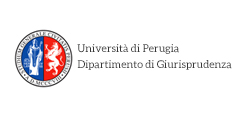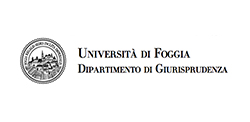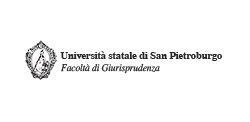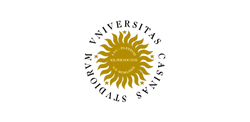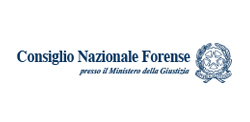Segnaliamo la recente sentenza della Corte Suprema degli Stati Uniti d'America nel caso Utah v. Strieff con cui il massimo consesso di Washington ha ulteriormente circoscritto l'operatività della c.d. "exclusionary rule", che determina l'inutilizzabilità nel processo penale di prove ottenute in violazione del Quarto Emendamento alla Costituzione federale ("The right of the people to be secure in their persons, houses, papers, and effects, against unreasonable searches and seizures, shall not be violated, and no Warrants shall issue, but upon probable cause, supported by Oath or affirmation, and particularly describing the place to be searched, and the persons or things to be seized.").
La regola in parola (per la quale la prova illegittimamente ottenuta rappresenta "fruit of the poisonous tree": una concezione che si contrappone al principio "male captum bene retentum" tendenzialmente recepito nel nostro ordinamento: cfr. Cass. pen., Sez. VI, 27 marzo 2009, Cecconello, e Cass. pen., Sez. Un., 27 marzo 1996, Sala), è stata ritenuta applicabile in tutte le corti degli Stati Uniti solo con la sentenza della Corte Suprema Mapp v. Ohio del 19 giugno 1961, ed ha subito nel tempo varie attenuazioni (cfr. in particolare Brown v. Illinois del 26 giugno 1975 e Hudson v. Michigan del 15 giugno 2006).
Nel caso di specie, dove il fermo di polizia (che aveva poi condotto al rinvenimento e al conseguente sequestro di sostanze stupefacenti) era avvenuto in assenza di un "reasonable suspicion" ma aveva permesso di appurare che a carico del soggetto fermato pendeva un mandato di arresto per un'infrazione stradale, la Corte Suprema ha stabilito che "the evidence the officer seized as part of the search incident to arrest is admissible because the officer’s discovery of the arrest warrant attenuated the connection between the unlawful stop and the evidence seized incident to arrest.".
La decisione è stata comunque raggiunta a maggioranza (5 a 3), e nella sua dissenting opinion il giudice Sonia Sotomayor si è mostrata estremamente critica e preoccupata per le possibili conseguenze di una tale pronuncia: "This Court has allowed an officer to stop you for whatever reason he wants—so long as he can point to a pretextual justification after the fact. [...] By legitimizing the conduct that produces this double consciousness, this case tells everyone, white and black, guilty and innocent, that an officer can verify your legal status at any time. It says that your body is subject to invasion while courts excuse the violation of your rights. It implies that you are not a citizen of a democracy but the subject of a carceral state, just waiting to be cataloged. We must not pretend that the countless people who are routinely targeted by police are “isolated.” They are the canaries in the coal mine whose deaths, civil and literal, warn us that no one can breathe in this atmosphere. They are the ones who recognize that unlawful police stops corrode all our civil liberties and threaten all our lives.".
F.R.


